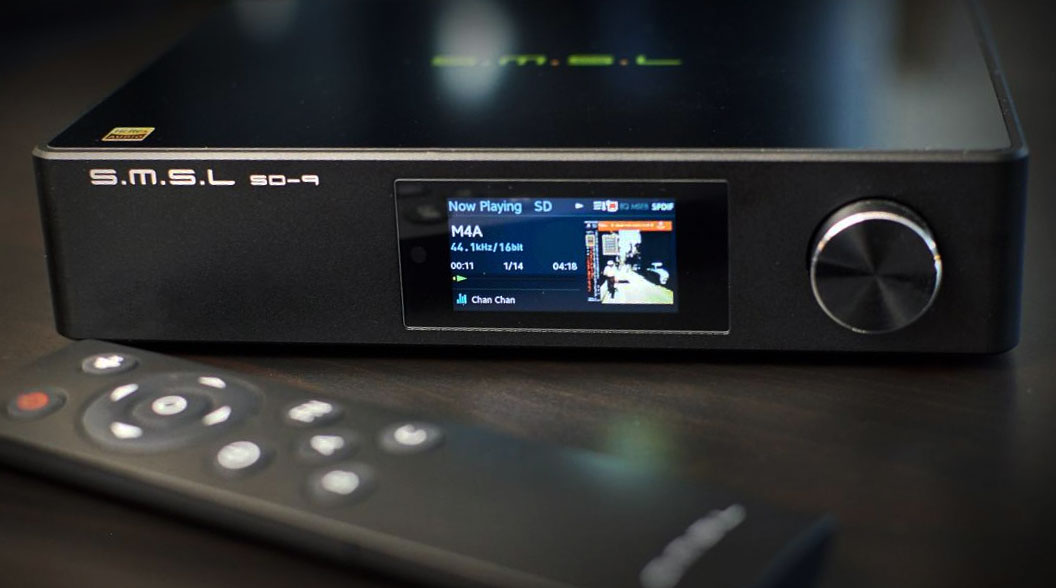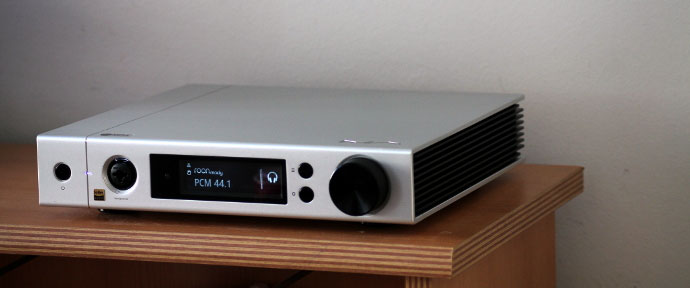Gone are the days when music lovers had to rely on cassette players or CD players to play music. Nowadays, streaming services are widespread, and there is a vast choice regarding streaming music anywhere and anytime.
What is an audio streamer?
Music streamers are a revered item for audio enthusiasts. They are the hardware that allows the user to play and access music through a network or Internet connection.
An audio streamer is a device that connects to your home Wi-Fi network and allows you to stream music from various services such as Spotify, Pandora, or Apple Music. Some audio streamers also allow you to mirror your device’s screen on your TV, which can be great for watching movies or streaming shows.
Compared to laptops and mobile phones, an audiophile music streamer often supports a wider range of audio codecs and higher resolutions. In addition, quite a few of them have internal digital-to-analog converters, usually superior to those found on laptops or mobile phones.
Usually, most music players rely on dedicated music service platforms like Spotify or TIDAL when it comes to playing music. However, suppose a music streamer has its internal storage. In that case, it can play files from its storage locally, making it the primary music playback server instead of the music service platform servers.
Suppose a music streamer does not have internal storage to store music tracks. In that case, it may instead rely on either external storage devices such as USB or external hard drives, or the device may connect and use a NAS such as cloud storage that contains music files for playback.

Do you really need a streamer?
Now that we know what a music streamer is, the next question is, is it necessary to own a dedicated music streamer? The simple answer to this is no, as today, you can play your favorite music tracks on any device that can read them and provide music playback. So, for example, your smartphone can quickly become a music playback device, especially in new models with dedicated audio chips and powerful speakers.
However, if you want to experience the full sound that many audiophiles highly recommend, you must purchase a dedicated music streamer. In addition to having a separate, dedicated device dedicated to playing music, owning such a device offers several notable benefits.

First, as we mentioned, music streamers support a more comprehensive range of audio codecs than laptops or mobile phones. It allows you to play high-quality files like FLAC or DSD without problems. In addition, some music streamers have an internal DAC (digital-to-analog converter), which can improve the sound quality when playing music through your speakers or headphones.
Second, music streamers usually have more powerful processors than laptops and mobile phones, providing a better and smoother experience when streaming music. If you have ever tried to play high-resolution files on your laptop or phone, you may have noticed that the device can start to lag or even crash. This is because these devices’ processors are not powerful enough to handle the high-resolution files.
Third, music streamers come with their remote control, which can be very convenient when you want to skip a song or adjust the volume without getting up and walking to your device. In addition, many music streamers also come with an app you can install on your smartphone, enhancing the convenience factor.
Finally, owning a music streamer makes good financial sense if you are an audiophile. A high-end music streamer will undoubtedly cost more than a laptop or a new phone. However, the sound quality you will get from a high-end music streamer will be noticeably better than what you would get from any laptop or phone, no matter how much you spend on it.